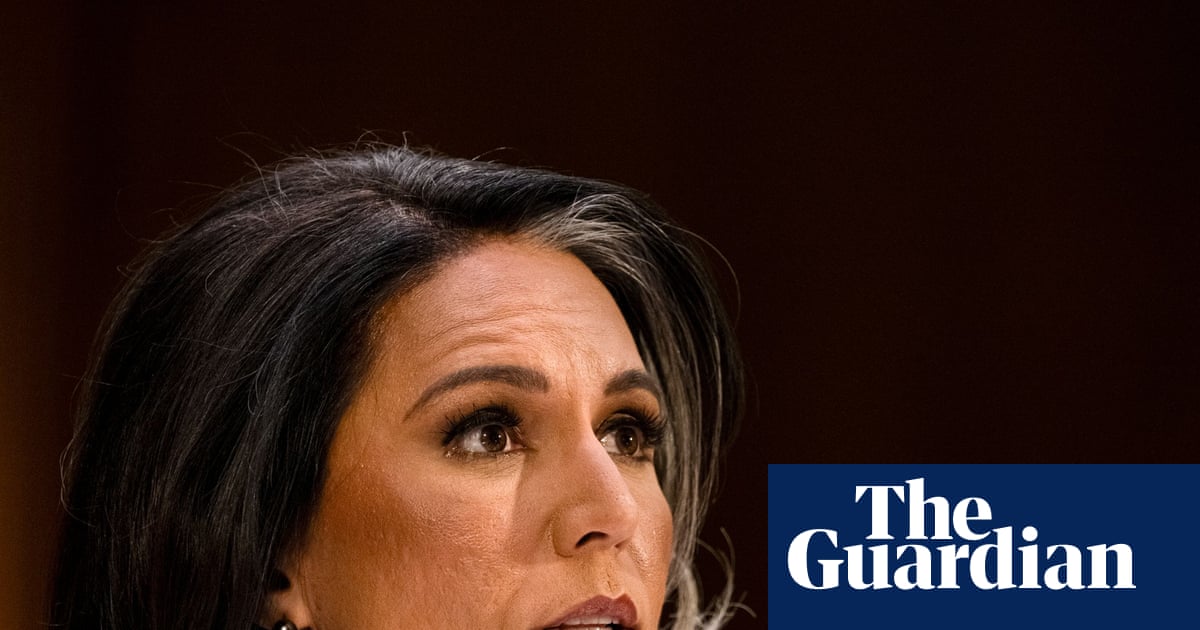The war between Israel and Iran, though largely a fight of fighter planes, drones and bombs, is erupting in the digital realm as well. Both countries have long histories with digital warfare. The particular focus of the current conflict, Iran’s nuclear program, was the target of one of the first cyberweapons meant to cause physical destruction, the sophisticated worm Stuxnet.
Iran, clearly fearful of an online Israeli incursion, imposed a near-total internet blackout early last week. My colleague Johana Bhuiyan reports:
Cybersecurity company Cloudflare assessed that internet traffic levels in Iran “are now ~97% below where they were at the same time a week ago”. Severed internet connectivity has led to a troubling lack of access to information for everyday Iranians as their country descends into conflict.
The reduction in internet speeds comes after an anti-Iranian government hacking group with potential ties to Israel claimed that it hacked Iran’s state-owned Bank Sepah. Fatemeh Mohajerani, a spokesperson for Iran’s government, said on Twitter/X that officials in Tehran had restricted internet access to ward off additional cyberattacks.
On Wednesday, Iran’s fears came to fruition. My colleague Dan Milmo reports:
An Israel-linked hacking group has claimed responsibility for a $90m (£67m) heist on an Iranian cryptocurrency exchange.
The group known as Gonjeshke Darande, Farsi for Predatory Sparrow, said on Wednesday it had hacked the Nobitex exchange, a day after claiming it had destroyed data at Iran’s state-owned Bank Sepah.
Elliptic, a consultancy specialising in crypto-related crime, said it had so far identified more than $90m in cryptocurrency sent from Nobitex crypto wallets to hacker addresses. The hackers appear to have in effect “burned” those funds, rendering them inaccessible by storing them in “vanity addresses” for which they do not have the cryptographic keys, Elliptic said.
Iran has attempted to retaliate, but as with the wider war, it seems that Israeli attacks have been more successful and damaging. Israeli officials warned the country’s residents that Iran is hijacking home security cameras that are connected to the internet to gather real-time intelligence on the ground, Bloomberg reports. Security professionals say hackers for Hamas and Russia have done the same. Home cameras may be a new front in the waging of war, but disrupting them does not seem as powerful as disrupting a central bank, as Israel has done.
Late Friday, Iran seemed to lift the internet blackout for some citizens, the New York Times reported, though even those who could access limited online services believed their connections were temporary.
The city of love? PornHub fights Paris over verifying children’s ages online

PornHub, widely estimated to be the most-visited site for pornographic content in the world, returned to France on Friday after a three-week blackout.
The site’s owner, Aylo, had rescinded access to the site protest of a new French law demanding adult websites verify users’ ages with a credit card or identification document. PornHub drew a line in the sand on the issue and revoked access for a market of nearly 70 million rather than implement an age gate.
Since then, a French court has suspended the law while it considers compliance with the European Union’s constitution, and so Pornhub is back online. But the quarrel between Paris and PornHub is the latest front in the debate over online age verification, which is heating to a boil across the globe.
The issue sits at the intersection of two driving forces of internet regulation that often conflict: keeping children safe online and preserving both privacy and freedom of expression. It’s an area where lawmakers have been uncharacteristically prone to action, even in the US, where tech regulation is often as hands off as can be.
More than 20 states now have age verification laws on the books. PornHub has made itself unavailable in 17 of them. Texas, the second-most populous state in the US with 31m people, is the highest-profile example. The state legislature there passed a law requiring an ID to visit PornHub in September 2023. In March of the following year, the site went dark in the state, greeting would-be visitors with a banner calling the law “ineffective, haphazard, and dangerous”. In Louisiana, which has imposed age verification laws, PornHub is still available, but it has seen traffic there decline by 80%, which it attributes to the barrier of the ID requirement. The US supreme court heard arguments in January over whether these laws infringe on the constitutional right to free speech.
Research into the laws into the US have found that they are not effective in their stated goal. Online search data showed that people in states with age verification laws sought out porn sites that did not comply with local laws so as to circumvent the age gates as well as virtual private networks to hide their locations from internet providers.
The other battlefields over age verification concern social media bans for underage users. Australia, which has passed a law banning under-16s from social media, has been testing different technologies with which to enforce its prohibition but found them lacking.
after newsletter promotion
The UK is the next frontier in the fight. The UK’s system for verifying ages to keep pornography away from children, a provision of the Online Safety Act, will take effect in July. Will London be the next Paris or the next Texas?
Taking apart the Trump phone

Last week, Donald Trump debuted a mobile phone branded with his family name – “T1” etched into the gold case alongside an American flag – with a listed price of $500 and a pledge that it would be “proudly designed and built in the United States”. Specifically in Alabama, California and Florida. Its monthly service plan will cost $47.45.
The Trump phone will struggle to live up to those promises. Its makers have to abide by the same market forces as other phonemakers. Both cheap labor and electronics expertise reside in China. They do not in the US. There’s a reason Apple’s phones are labeled “Designed in California” – to take advantage of the caché and appeal of the US without suffering its labor costs.
Looking ahead, experts predict that Trump’s own tariffs could cause the price of smartphones to spike by double or even triple digits. The electronics supply chain in the US is nowhere near developed enough to assemble a phone entirely domestically. Analysts at investment bank UBS warned in April that the price of an iPhone 16 Pro Max with 256GB of storage could rise by 79% from $1,199 to about $2,150, based on a total tariff of 145%. Apple itself seemed to concur with those assessments when it flew some $2bn worth of iPhones into the US before the tariffs on China went into effect.
There is already an example of a phone assembled – but not entirely made – in the US, the Liberty Phone. It costs nearly four times what Trump promises his will, nearly $2000. The Liberty Phone sources its motherboard from the US but still requires screens, batteries and cameras manufactured overseas, according to a Wall Street Journal interview with the CEO of Purism, which manufactures the device. Its operating system can only run basic apps such as a calculator and a web browser because it runs on PureOS, software of the company’s own making, per the Journal.
The specs on the Liberty Phone are worse than Trump’s T1, though the price is higher, making the president’s device even less likely to appear on the market as announced. Some of the promised technical capabilities of the T1 would best those of the top-of-the-line iPhones, which cost nearly double what Trump has promised. The Verge put together a good list of which Chinese companies might manufacture the phone for Trump to white label.
Eric Trump, who is co-leading the venture with his brother Donald Jr, has acknowledged that the first batch of T1 phones will not be made in the US. “Eventually, all the phones can be built in the United States of America,” Eric Trump said last week. We’ll see.
Read more: Why you can’t just repair your phone in the US to avoid Trump tariffs
The wider TechScape
-
Internet users advised to change passwords after 16bn logins exposed
-
WhatsApp messaging app banned on all US House of Representatives devices
-
OpenAI takes down mentions of Jony Ive’s io amid trademark row
-
Trump’s plan to ban US states from AI regulation will ‘hold us back’, says Microsoft science chief
-
Keir Starmer’s AI tsar to step down after six months in role

 German (DE)
German (DE)  English (US)
English (US)  Spanish (ES)
Spanish (ES)  French (FR)
French (FR)  Hindi (IN)
Hindi (IN)  Italian (IT)
Italian (IT)  Russian (RU)
Russian (RU)  3 weeks ago
3 weeks ago
























Comments